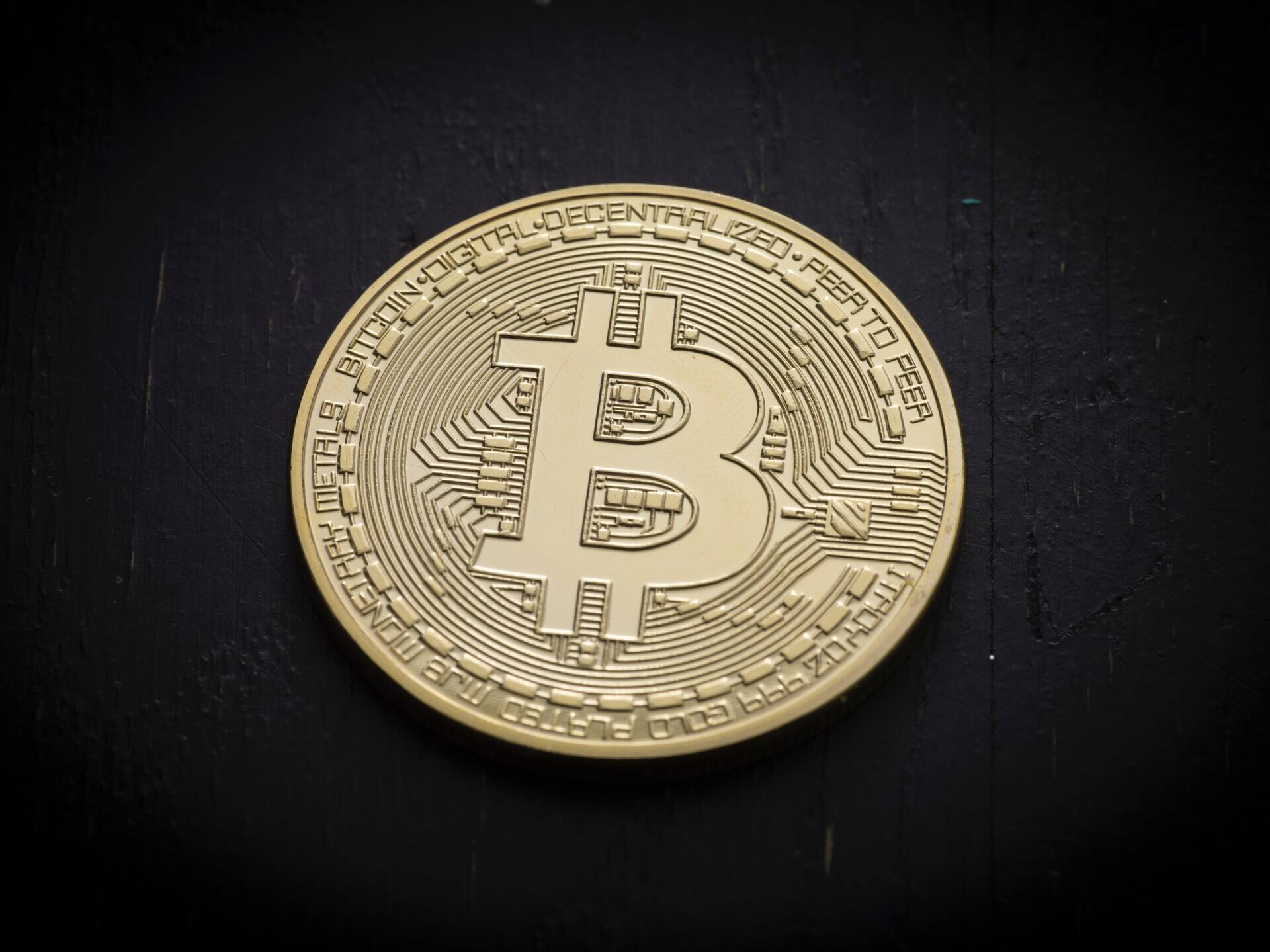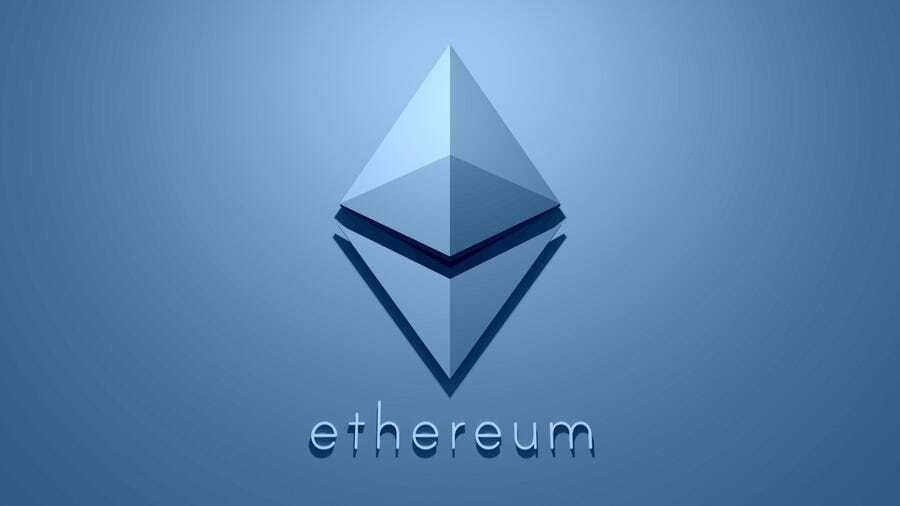
I was just discussing with my wife the reasons why I feel really good about NFTs and the future of Ethereum. It's hard to put into words, but I will do my best. I think the growth that is in store for ERC-20 tokens over the next few years will take many people by surprise. It's complicated, there is certainly potential for abuse and bad actors, and most of all, right now Ethereum transactions are just plain expensive. But soon, that will change. Before we get into the details of that, let's make a distinction between Bitcoin and Ethereum: what they are, and what they aren't. What do I mean by Everything is Bitcoin?
Bitcoin the Concept
Bitcoin started out as an experiment in decentralized banking: what would happen if we found a way to create trust inside a ledger network without relying on a central authority? In the early days, when bitcoins were just a few pennies and then a few dollars and then a few hundred, and then a few thousand, it was increasingly difficult to justify making that kind of investment. I myself cashed out the single bitcoin that I was able to mine with a little ASIC machine not very long ago for a measly $8000. It was hard to believe that the price for a single bitcoin would continue to rise the way it has. At the center of the crypto ecosystem is this concept of belief. Yes, there is risk. But any kind of investment is risky. When I say everything is bitcoin, I mean that success in general—from a financial perspective, or otherwise—is based on a kind of vision. No one can predict the future. But I believe strongly that it is possible to understand: what are the likely outcomes? What might be happening here, in way that might be hard to see without understanding the details a bit more than the average citizen?
Bitcoin the Thing
As a store of value, bitcoin has become the reserve currency of the crypto world, and for good reason. Despite fluctuations that are natural for any market, bitcoin has been and will continue to be a smart holding for any investor. In that respect, it is a bit like gold. As much as any kind of digital token can retain value, bitcoin does. With a $2.4 trillion market cap at the time of this writing it it is hard to imagine a situation where that value would disappear overnight. But aside from being a much smarter way to hold cash than squirreling it under your pillow, Bitcoin offers no other utility. It just doesn't do anything. It isn't meant to.
Enter Ethereum
Moving beyond stored value is where Ethereum truly shines. Founder Vitalik Buterin began as a writer in the fledgling crypto space, and was intimately familiar with the details of bitcoin as a market disruptor. This is why his genius and attention to detail will continue to qualify him as one of the greatest inventors that the modern world will ever know. It is hard to overstate how much his vision for Ethereum has and will continue to pave the way for digital currencies and decentralized exchanges for generations to come. What Ethereum does that bitcoin never could is lay the groundwork for what are called "smart contracts." This in turn allows for the creation of 'subtokens'—tokens built on the Ethereum Blockchain—via the ERC-20 protocol. This means that anyone at all is free to launch their own token on the back of this trustworthy network. The potential use cases for this combination of features—transaction resiliency and low-cost automation—is enough for an entirely different post. To quote Time magazine: Ethereum is... like a highway for decentralized finance. For me, one of the most exciting components of this new ecosystem is the rise of NFTs.
But as previously mentioned, at the moment the fees involved with transactions on the Ethereum Blockchain ('gas fees') can often be prohibitively high, which is something people like Elizabeth Warren like to complain about. It really is a problem, and with regard to 'gas fees' you can say that Ethereum has been a victim of its own success. Because traffic on the network is consistently so high, the fees that miners charge to add transactions to the blockchain have to rise according to market forces—basically if you want your transaction to be recorded within a reasonable timeframe you need to incentivize the mining network to add your line-item with higher fees. When Ethereum 2.0 finally launches—and no one is sure of when but it seems likely to be within the next few months—the massive energy footprint will go down, and the scaling of the network will go up, in exponential terms. And when that happens, high gas fees should become a thing of the past at the same time that environmental activists will no longer be able to criticize Ethereum for bogarting the world's energy resources. It will be a massive win/win for everybody and I'm not sure that the world is ready for the potential jump in value that it will create. This is why crypto advocates pretty much across the spectrum are optimistic for the future of Ethereum. Much of this future stems from the market segment that is called NFTs—"Non-Fungible Tokens."

The World of NFTs
There is a pretty consistent metaphor in the world at large concerning NFTs that compares them to analog art. Isn't it silly, the detractors say, to pay so much for something that someone can just right-click and save a copy of. But I think that's the wrong analogy. What if we said, instead, that an NFT is like buying a ticket to an online event: one that in all likelihood will last, if not forever, a very long time? This ticket is verifiably imprinted with your personal signature, so even if someone did copy it, they still wouldn't gain entry to the figurative 'event.' And what if you could buy a number of tickets, save one for yourself, and sell the rest to friends or even strangers at a slight profit? And finally, what if a percentage of each subsequent sale was attributed back to the original creator of this event?
I think the world of NFTs can also be very much characterized as a sort of insiders' party. Just look at the success of Bored Apes, for example. Sure it's a fluke, maybe, but it's also an exciting and unprecedented business model. Everything is bitcoin. You don't see it until you see it.
And what is happening at these events is nothing short of impressive and groundbreaking. Of course people want to belong to something. And of course people are looking for better ways to create wealth than putting their hard earned wages into a savings account that yields a near-zero rate of return. What makes NFTs the thing of the future is that they inhabit, quite naturally, that space between meme culture, decentralization, and wealth accumulation. It's a club, it's a party, it's a speculative adventure, and most importantly it is completely beyond the control of anyone or anything. When a group like Sotheby's gets into the action, you know this is not just a flash in the pan. NFTs are a disruptor, like bitcoin was a disruptor, like Ethereum continues to be a disruptor. It's just the logical next step in a chain of events that started quite innocently with Satoshi's idea to use proof of work as a proxy for trust in an anonymous marketplace. So let's dig in with NFTs and how they leverage the smart contract ecosystem to create market opportunity in this decentralized landscape.
Trusting the Blockchain
The truly world-changing concept that we owe to bitcoin is the decentralized ledger. Creating trust around a series of transactions without having to first build trust with a central entity is the magic on which all of crypto has been built. It feels safe to say now: the block chain is true. The blockchain cannot be corrupted. Bitcoin built with this the world's first and certainly most successful anonymous wealth-building mechanism. But how can we take that trust even further? Beyond sending transactions to a blockchain and knowing that they will be recorded forever more, smart contracts allow you to send code to the block chain, that will be executed forever more, under certain conditions. If this user authenticates in this way, and we send a request from our off-chain server—to you, the blockchain—in this specific way, do this: transfer a balance, add a new token, start a new contract. You could almost look at it like hiring a little digital person to live inside the blockchain and obey simple commands on your behalf. There are only a handful of commands available, but it is simple by design. With simplicity comes maintainability, and properly tested code that is deployed into the blockchain does what it needs to do under all circumstances, 24 hours a day. Because of this, smart contracts will continue to revolutionize financial services with what are called dApps (decentralized applications) and DAOs. Anyone that doesn't keep up will be left behind, much like the brick and mortar retail behemoths that did not aggressively move towards online shopping. Does anyone still shop at Sears? My dad used to swear by that place. It's a different world now.
Smart Contracts and the NFT Ecosystem
This is where it really gets interesting. Don't get me wrong this is not the only sweet spot for blockchains and dApps. It's just the one I know about. When you set up your own NFT channel with something like OpenSea, you are forced to make three transactions in quick succession. First you authenticate your wallet against their platform. Second, you authenticate your collection against the blockchain. And third, you create a test transaction between the currency you choose to accept for payment and the collection you have minted. If you are working directly with the Ethereum blockchain, at the wrong time of day these charges could run up to a few hundred dollars. This is where many people cry foul but the truth is that a popular network like Ethereum has to use market forces to mitigate volume. There are other block chains like Polygon or Kusama, for example, that lower these fees to almost nothing. But regardless of what you pay to set this up, the mechanics are the same: these are smart contracts that work exactly as needed once they are set up and require absolutely no maintenance after the first transaction. I can add thousands of new items to my collection without updating the smart contract between that collection and the blockchain; I can accept thousands of payments for these items under the contract set up from that first test transaction. When you have zero maintenance technology mixed with high trust, high speed transaction making, this truly represents a brand new landscape in the stodgy world of financial services. This is not a fad, this is a new beginning.
Just Look at the Numbers
I saw some numbers just the other day that goes something like this: right now the number of Ethereum wallets that are connected to the NFT marketplace is in the order of a few hundred thousand. Coinbase has 70 million customers. We are still in the very early days of adoption, and the last time I felt this good about the prospects of a new technology I was 20 years old teaching myself SQL. Now I am learning about Moralis, vector graphics, and the OpenSea API. It feels good to be home again.
Right now, everything is Bitcoin. But tomorrow belongs to Ethereum 2.0 and the smart contract ecosystem. And NFTs—lots and lots of NFTs.

Cover photo courtesy of Thought Catalog.